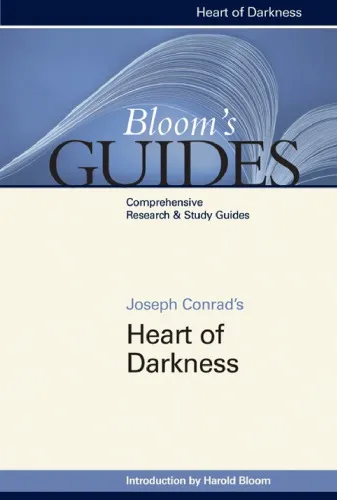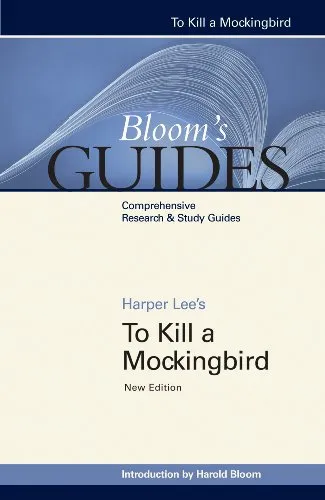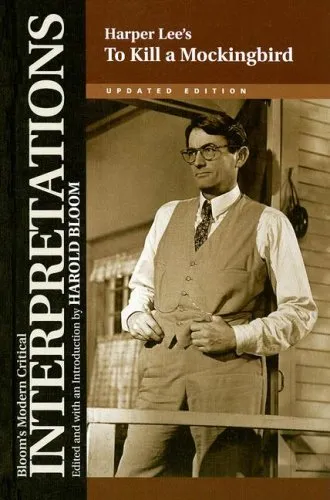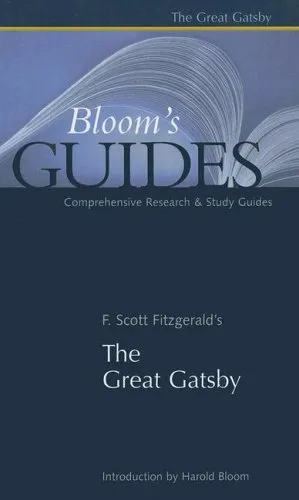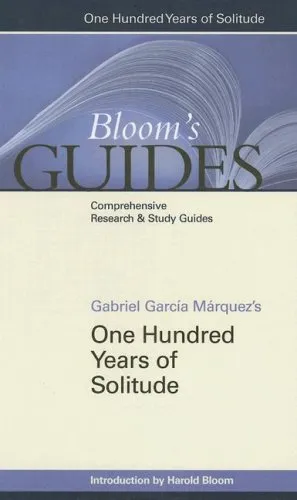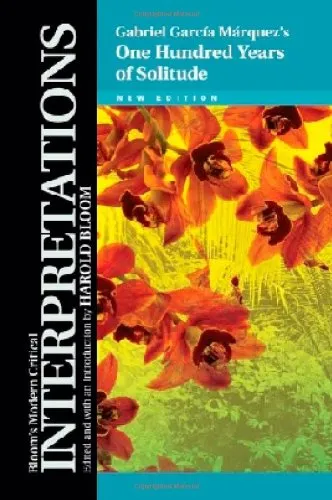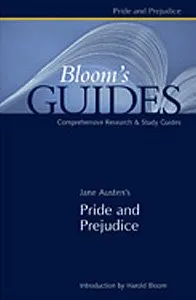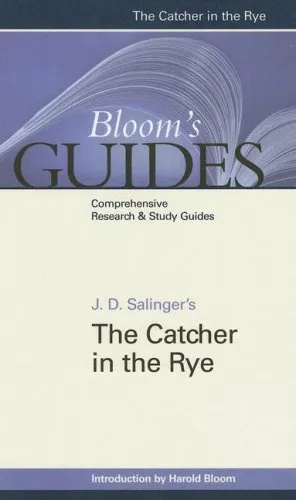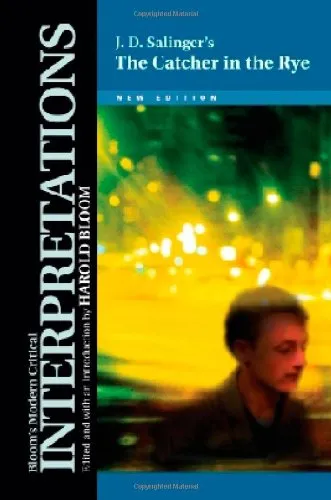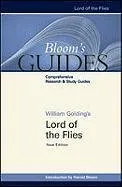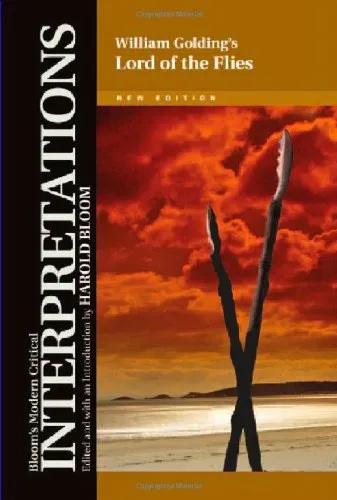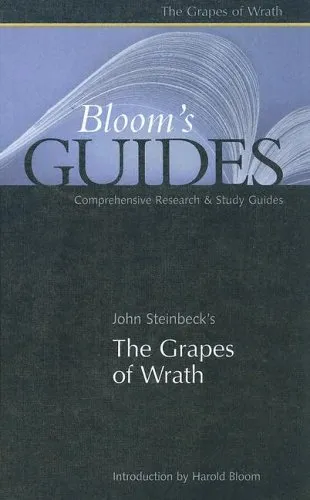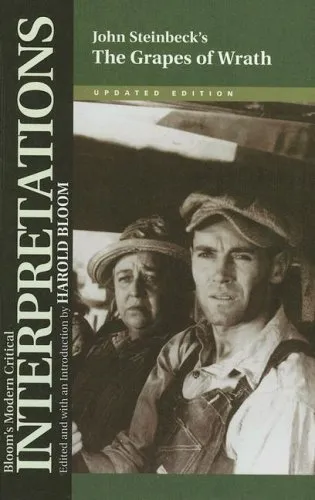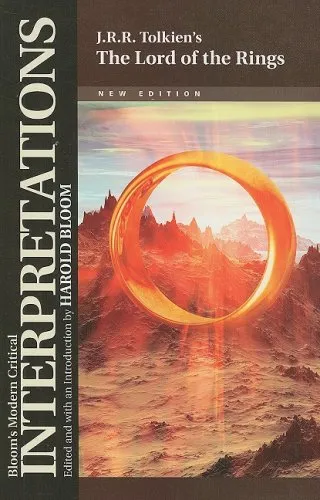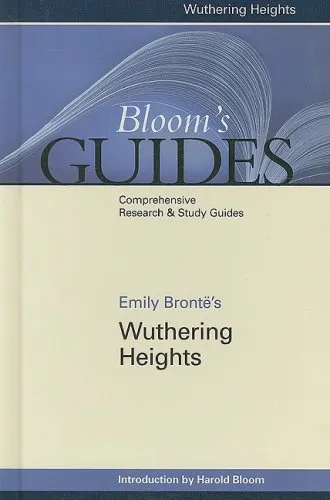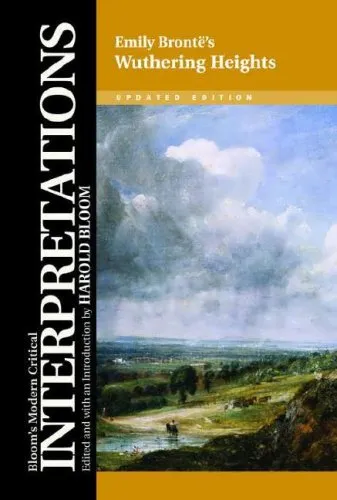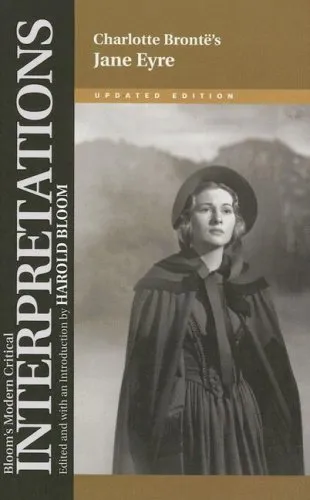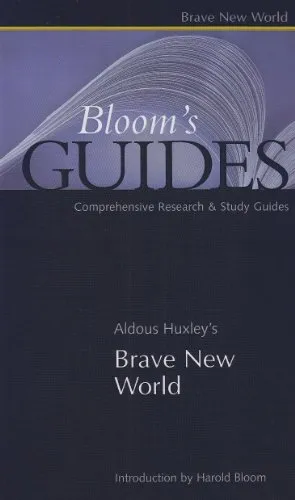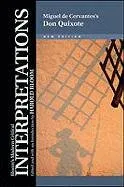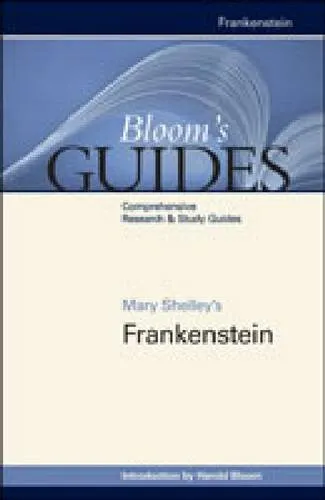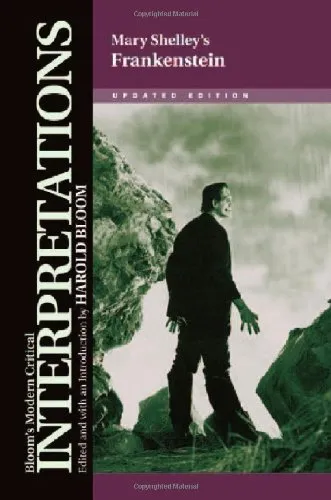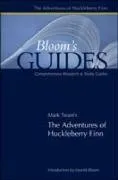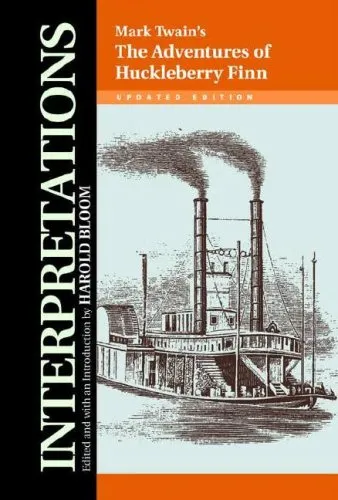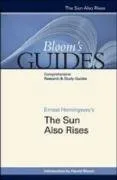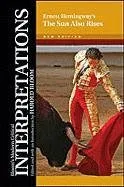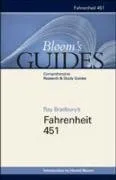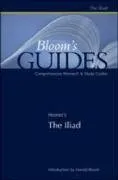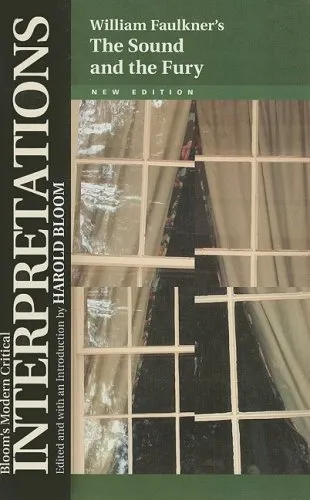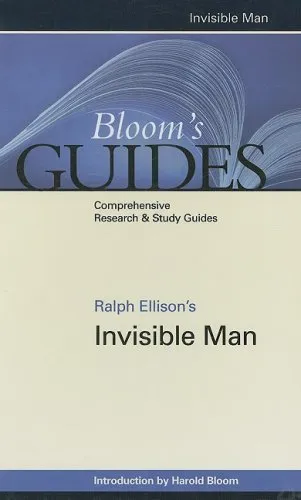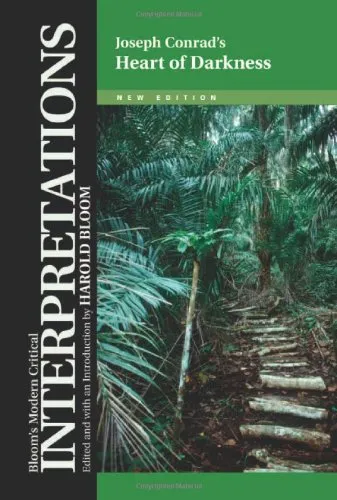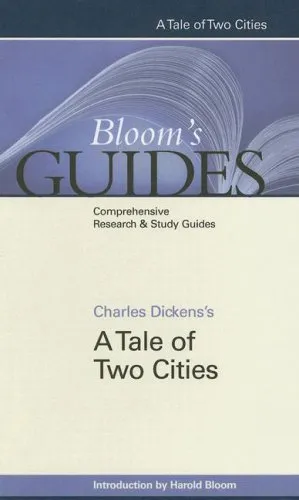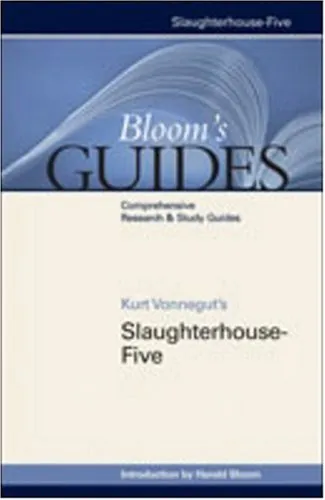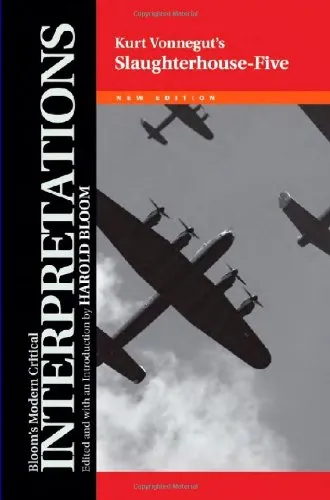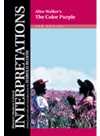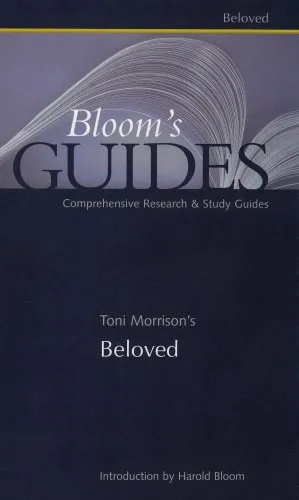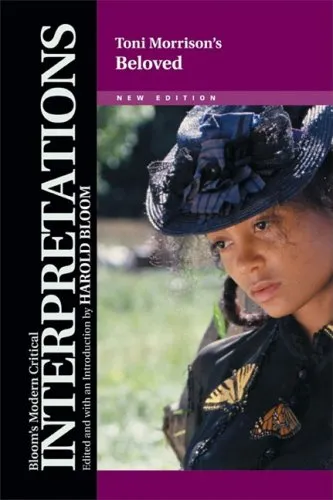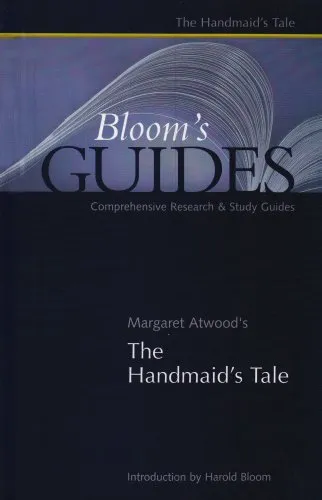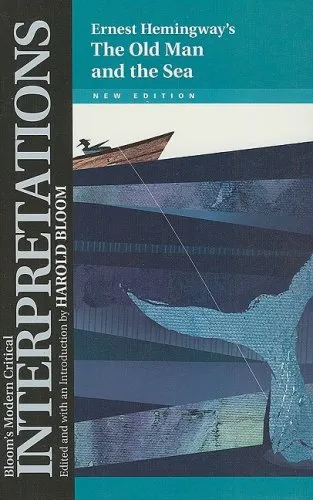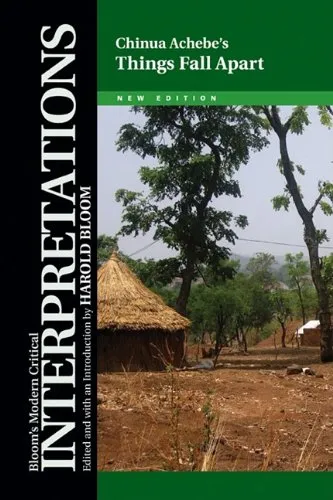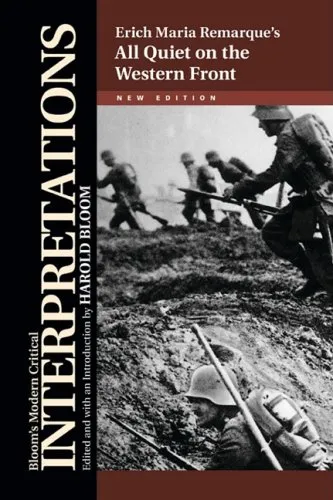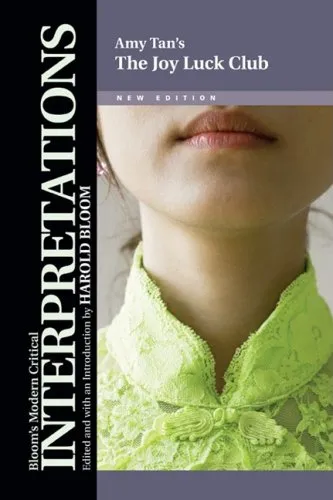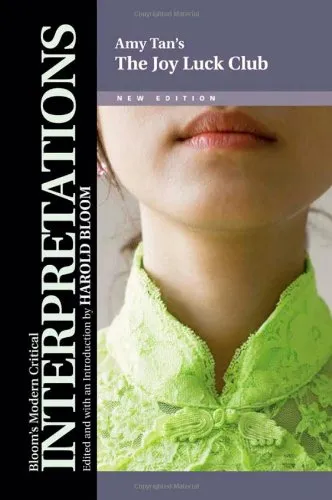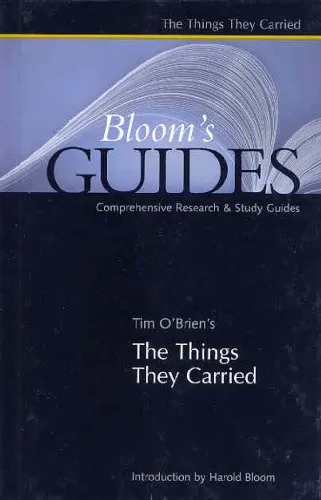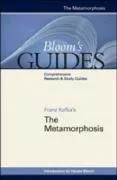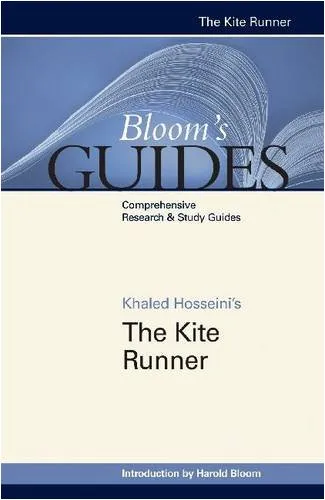Joseph Conrad's Heart of Darkness. Comprehensive Research and Study Guide
4.5
Reviews from our users

You Can Ask your questions from this book's AI after Login
Each download or ask from book AI costs 2 points. To earn more free points, please visit the Points Guide Page and complete some valuable actions.Related Refrences:
Persian Summary
Introduction
Welcome to the comprehensive study guide for Joseph Conrad's 'Heart of Darkness'. This guide aims to provide readers and scholars with an in-depth analysis of one of literature’s most enigmatic and complex novels.
The journey into the heart of darkness serves not only as a literal voyage into the African Congo but also as a metaphorical exploration into the undefined terrains of human nature, morality, and the duality of man. Through this study guide, we will navigate the rich layers of meaning in Conrad's work, unravel its intricate narrative techniques, and prepare readers with the critical insights necessary to appreciate its lasting impact. This guide is an invaluable companion for anyone looking to deepen their understanding of one of the most compelling works in English literature.
Detailed Summary of the Book
At its surface, 'Heart of Darkness' recounts the story of Marlow, a sailor who is hired by a Belgian trading company to journey into the African Congo on an assignment to find Mr. Kurtz, one of the company’s most successful, yet enigmatic, ivory traders. As Marlow ventures deeper into the jungle, he encounters the brutality of colonial exploitation and the moral ambiguities associated with unchecked imperialism. His voyage into the "heart of darkness" reveals not only the sinister forces of colonialism but also instigates an introspective look into the human psyche.
The narrative is delivered as a frame story, which starts with Marlow recounting his adventures to fellow sailors aboard a boat on the River Thames. This framing device is significant, as it places Marlow’s tale within a context of reflection and deliberation, underlining themes of darkness and illumination, ignorance and enlightenment. Throughout the novella, Conrad employs a vivid, sometimes haunting, prose style enriched with symbolism and allegory, compelling readers to question the very essence of civilization and its assumed superiority.
Key Takeaways
- Conrad's narrative directly critiques European colonialism and its devastating impacts on both the colonized and the colonizers.
- The novella explores the thin veneer that separates civilization from savagery, questioning humanity's potential for cruelty and brutality.
- The complex narrative structure and multiple layers of meaning challenge the reader’s perceptions and encourage deeper introspection.
- Marlow’s journey is as much about self-discovery as it is about the external world, highlighting themes of isolation, identity, and existential quest.
Famous Quotes from the Book
"The horror! The horror!"
"We live as we dream—alone."
Why This Book Matters
Joseph Conrad's 'Heart of Darkness' holds a pivotal place in the canon of English literature for its profound exploration of the human condition and imperial critique. Its narrative complexity and the ambivalence towards European colonial endeavors have spurred scholarly debate and analysis for decades. The book’s profound thematic depth, as well as its evocative and often ambiguous narrative style, challenge readers to think critically about issues of power, identity, and morality. In a contemporary context, its examination of darkness that lies within both individual psyches and societal constructs remains relevant, as we continue to reckon with historical and ongoing injustices. Through keen observation and incisive prose, Conrad invites us into a dialogue that transcends time, encouraging reflection on our own contributions to—and departures from—our understanding of humanity and civilization.
Free Direct Download
You Can Download this book after Login
Accessing books through legal platforms and public libraries not only supports the rights of authors and publishers but also contributes to the sustainability of reading culture. Before downloading, please take a moment to consider these options.
Find this book on other platforms:
WorldCat helps you find books in libraries worldwide.
See ratings, reviews, and discussions on Goodreads.
Find and buy rare or used books on AbeBooks.
1573
بازدید4.5
امتیاز0
نظر98%
رضایتReviews:
4.5
Based on 0 users review
Questions & Answers
Ask questions about this book or help others by answering
No questions yet. Be the first to ask!
